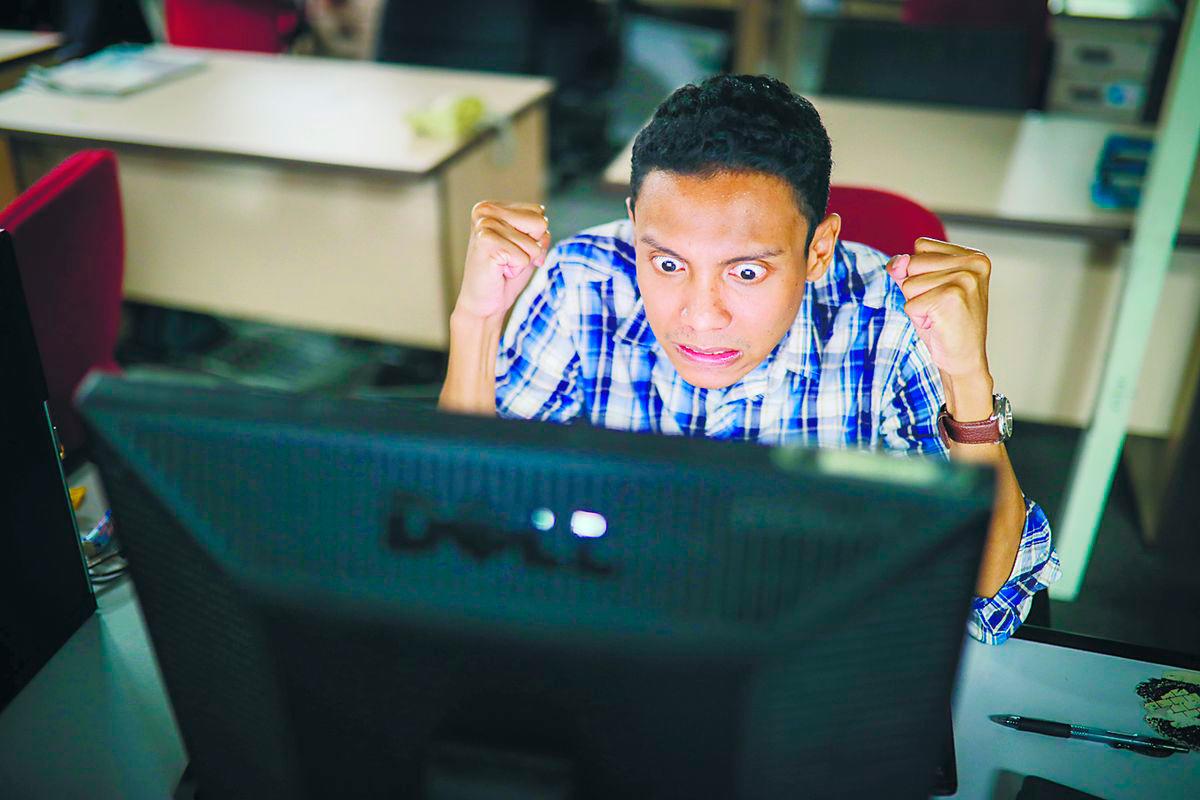PETALING JAYA: Persistent emotional stress, poor coping mechanisms and increasing exposure to online aggression are fuelling a worrying rise in anger-driven violence, experts warn.
Universiti Putra Malaysia Faculty of Human Ecology senior lecturer Dr Mohamad Naqiuddin Dahamat Azam said many individuals today struggle with emotional regulation, often due to chronic stress, psychological conditions or unresolved trauma.
“Some individuals struggle to control their emotions due to psychological or neurological factors, leading to impulsive reactions without considering the consequences.”
Recent tragic incidents underscore the consequences of unchecked rage, including one that ended in tragedy.
Earlier this week, a 50-year-old man was arrested for allegedly pushing his wife out of a moving van on the Kesas Highway near the Awan Besar rest stop following a heated argument.
The 44-year-old woman died from the fall. Police said the couple had been married for 20 years and that the man admitted involvement in the incident during questioning.
Mohamad Naqiuddin said cognitive distortions such as hostile attribution bias – where neutral situations are perceived as threatening – could escalate minor conflicts.
“Combined with a lack of effective coping mechanisms, this can make aggression the default response to frustration. Persistent stress keeps the brain in a heightened state, lowering impulse control and increasing the likelihood of aggressive reactions.
“Anxiety also heightens emotional sensitivity, making people more reactive or prone to defensive anger.”
He warned that digital spaces could further compound these problems.
“While social media can offer a temporary outlet, it also fosters hostility. The anonymity of online platforms enables people to lash out without accountability.
“Prolonged exposure to cyberbullying, online harassment or violent content can desensitise users, making aggressive responses seem normal.”
University of Nottingham Malaysia Assoc Prof Dr Siti Khadijah Zainal Badri said cultural and societal norms in Malaysia may intensify the mental health toll of digital aggression.
“In a collectivist society like ours, there’s often pressure to ‘save face’ and maintain appearances.
“When large groups engage in online aggression, it can appear socially acceptable, especially with labels like ‘Mak Cik Bawang’ or ‘Netizen Army’ that trivialise harmful behaviours,” said the expert in applied psychology and well-being.
She added that the stigma surrounding mental health remains a major barrier to seeking help.
“Many people fear being judged or shamed, so they suppress their emotions. But without healthy emotional regulation, those feelings can erupt as aggression.”
Siti Khadijah said the constant stream of digital outrage overstimulates individuals who are already emotionally distressed.
“Frequent exposure to online conflict, particularly on platforms like TikTok or X, can overactivate the brain’s stress system, making people more impulsive and reactive in real life.”
She said addressing the issue requires collective action from individuals to institutions.
“We need to be more intentional about our digital habits. Limiting time on social media, engaging in physical activities and focusing on meaningful, growth-oriented pursuits can help build emotional resilience.”
She said reducing exposure to harmful or aggressive content also helps protect mental well-being and lowers long-term stress.
She warned that unresolved anger could gradually build up into emotional tension.
“When individuals fail to express or manage their anger in a healthy way, it can accumulate and eventually erupt in violent outbursts.”









